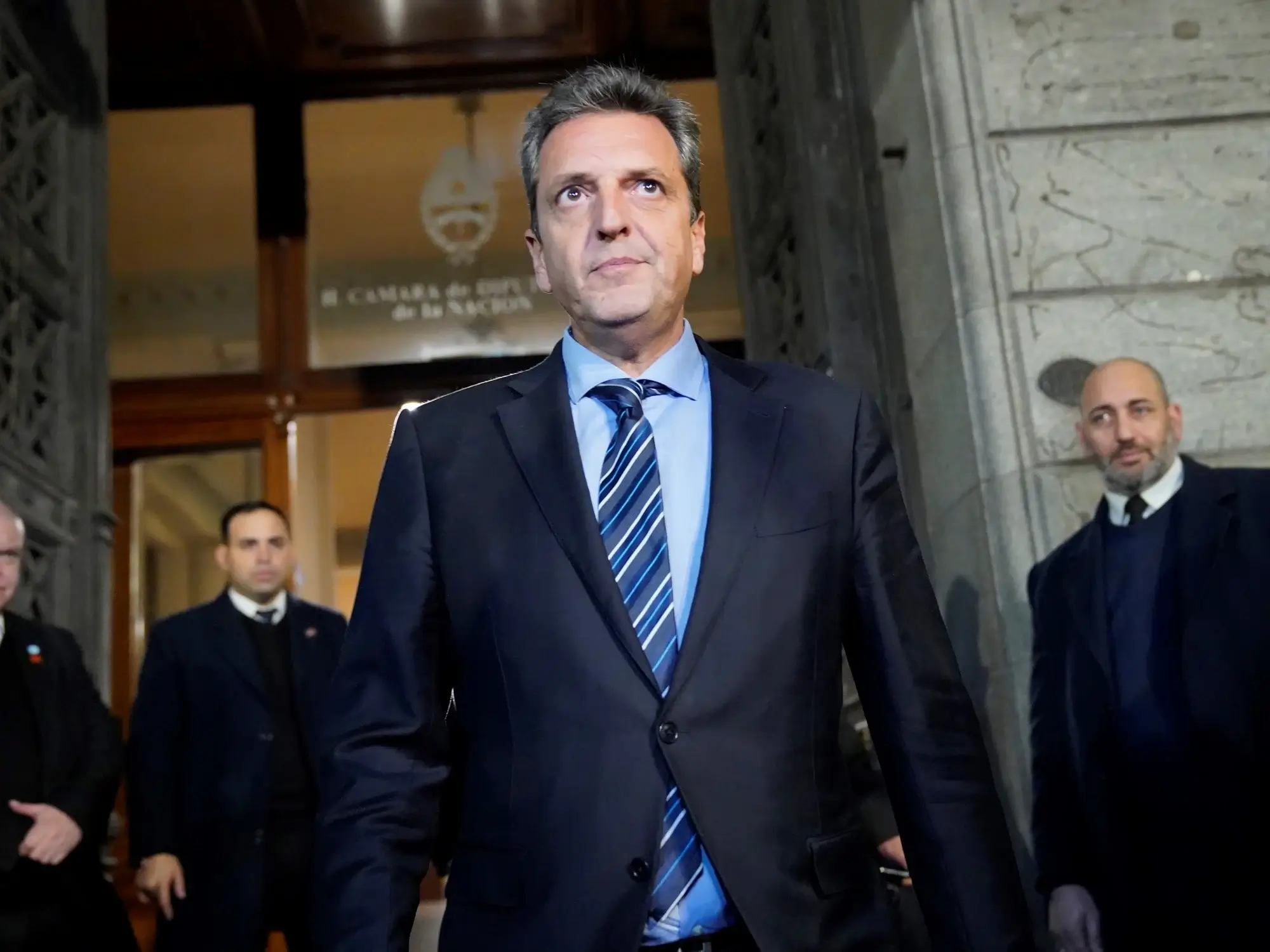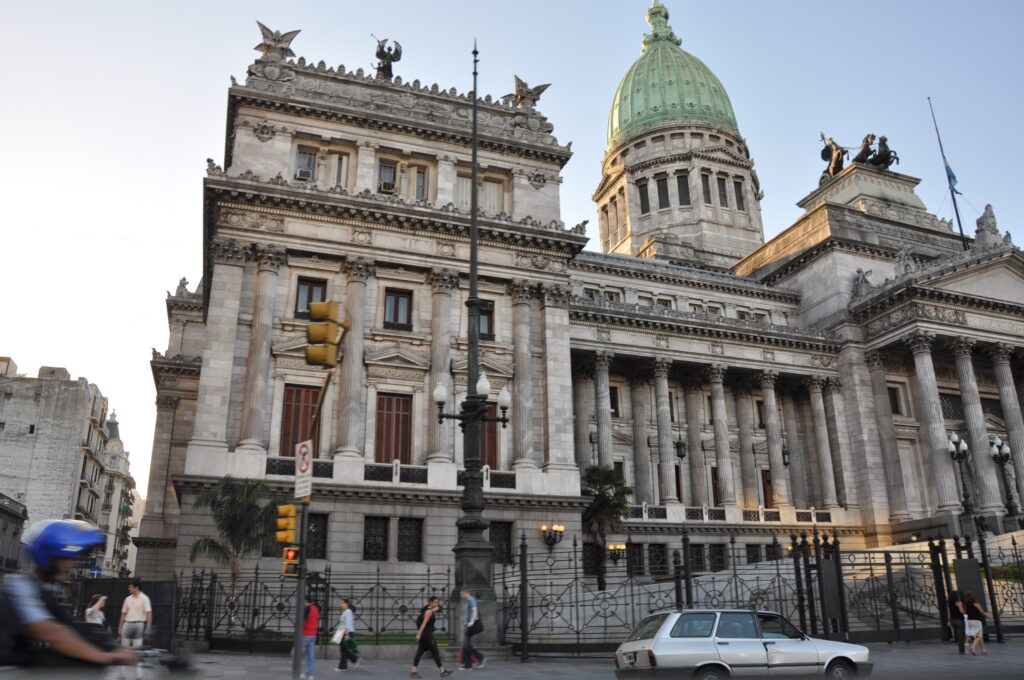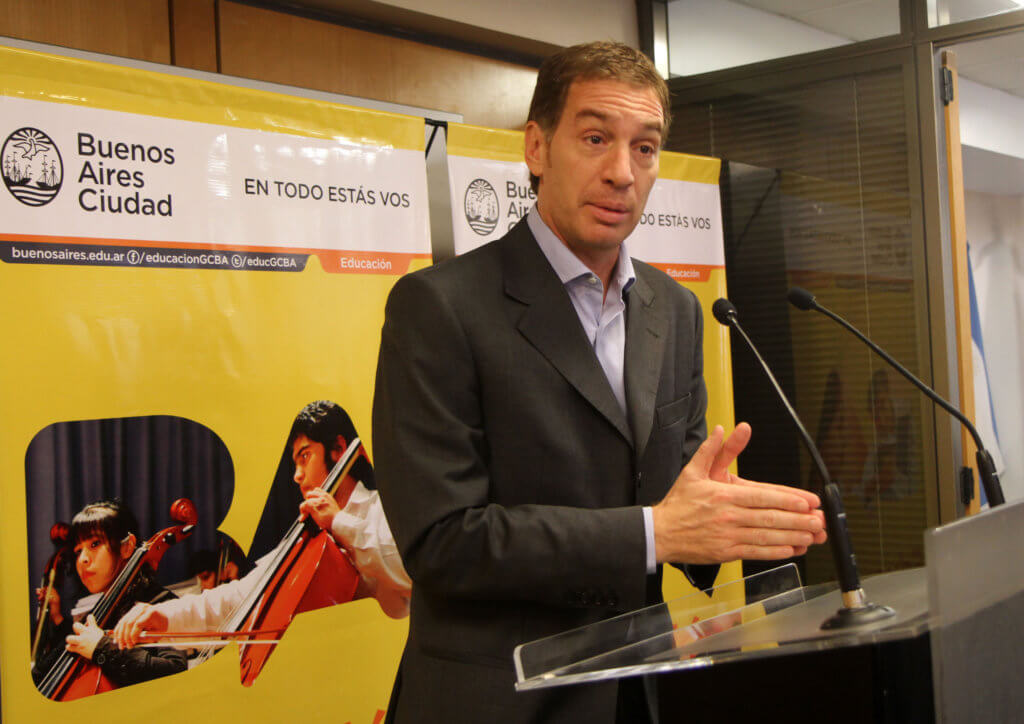Buenos Aires, Argentina — A bill is being drafted in Argentina’s Congress that aims to prevent workers from leaving the country by easing restrictions on foreign currency earned abroad. Nowadays, Argentines can only bill up to USD $1,000 per month without losing its real value, while exchanging a bigger amount leads to losing about half its value when exchanging it to pesos.
“Monotech,” as it is called, is a project promoted by the Ministry of Economy and it has been approved by the Congress’ Budget and Finance Commission in order to send it over to general debate for its final approval soon as it would partially solve a problem many local freelance workers are facing.
Due to high taxes and obstacles to legally bring foreign currencies into the country, Argentines have had to find different ways to bring in their salaries without losing almost half of its real value due to tax regulations and a partial obligation to exchange the currency for Argentine pesos.
Some choose to legally bill up to the actual limit of USD $1,000 per month and keep the rest in a foreign account.
Others have turned to digital wallets to solve their currency woes. Workers earning a salary abroad buy stablecoins with USD to then exchange them into pesos under the radar of tax authorities.
The new bill focuses on industries such as audiovisual creators, publicists, designers, scriptwriters and software developers and e-Sports competitors, among others. Industries which typically experience a high rate of remote and freelance workers.

It addresses three different categories of workers who are not yet enrolled in the local tax collection system. The first category includes those who export services up to $10,000 USD per year, the second, up to $20,000 and the third up to $30,000 per year.
The catch? Well, if the bill passes, the government hopes that freelancers will start to enroll and pay the monthly tax fee known as “Monotributo,” as many of them are evading taxes with the current situation.
For each category, workers will have to pay a different fixed monthly amount: the first one, around $29 USD; the second, close to $50 USD; and the third one, around $97 USD. A legislator from the opposition party, Matías Tacceta, told local outlet iProfesional that the “bill has many [legal] gaps,” as it doesn’t specify how the government will spend the new tax revenue. Tacceta also thinks that “Monotech” will not create new jobs as it “only looks to solve one of the local problems with foreign exchange settlement.”










